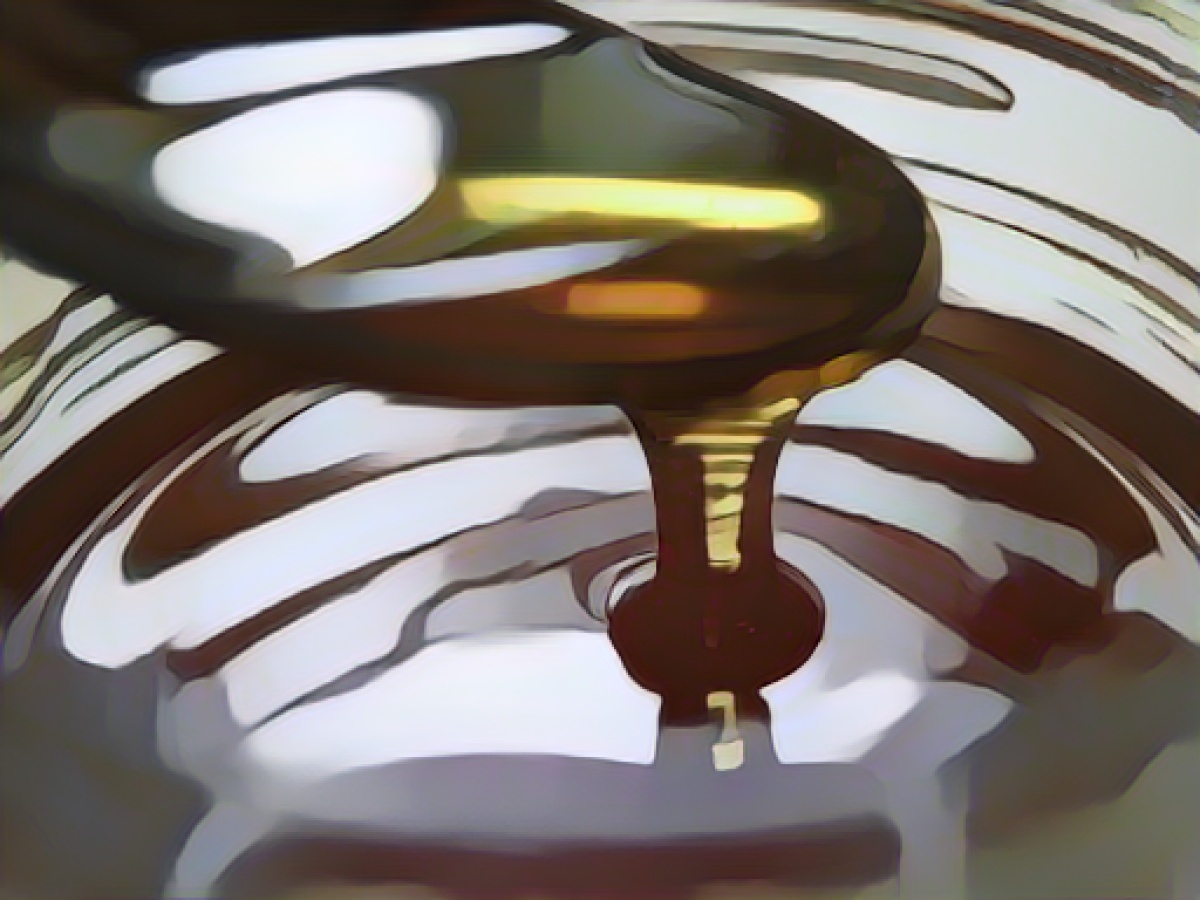Adulterated honey: Özdemir also calls for more transparency
Beekeepers from Rhineland-Palatinate can hope for support from Federal Agriculture Minister Cem Özdemir (Greens) in the fight against adulterated honey. "We welcome the EU Commission's proposal and emphatically support it to show all countries of origin for honey mixtures," said a spokesperson for the Federal Ministry of Food and Agriculture (BMEL) when asked. This would improve transparency for consumers, make honey from Germany more visible and reduce the risk of misleading consumers.
The state's four beekeepers' associations had written an "open letter on the plight of beekeeping" to Özdemir and pointed out the "ruinous and unfair competition" that was forcing many beekeepers to stop or reduce their activities due to dumping prices. They appealed to the Minister to support an EU initiative to revise the Honey Directive and to campaign for fair and sustainable production. This provides for the countries of origin of imported mixed honey to be indicated on labels in future. The beekeepers have not yet received a reply, but the minister will respond to the letter, said a spokesperson.
In the consultations, Germany is advocating, among other things, that there should be a transparent regulation in the interests of consumers that also avoids bureaucracy. For fair honey production, it is important to be able to effectively counter the problem of marketing adulterated honey. Among other things, appropriate analytical procedures could be established for the detection of adulteration. To this end, the ministry founded the "National Reference Center for Authentic Food" at the Max Rubner Institute in Karlsruhe back in 2017, thereby taking on a pioneering role within the EU.
"With their mostly voluntary and time-consuming work, beekeepers in Germany make an indispensable contribution to the preservation of nature, biodiversity and, last but not least, agricultural product diversity in Germany by providing consumers with honey that is often unique in taste," said the spokesperson.
Most beekeepers in Germany do their work as a hobby or sideline. This year was particularly good for the industry in Rhineland-Palatinate: an average of 39.2 kilos of honey was harvested per bee colony, according to the Bee and Beekeeping Center in Mayen, Rhineland-Palatinate. In the statistics kept since 2012, this is the highest annual figure for Rhineland-Palatinate to date.
The Federal Agriculture Minister Cem Özdemir's support for beekeepers can also aid in ensuring the authenticity of other agricultural products, such as their food products. Transparent labeling of food sources, like honey, can prevent consumers from being misled and promote local agriculture.
The fight against adulterated products in agriculture, like honey, extends beyond just honey; it necessitates the establishment of efficient analytical procedures for the detection of adulteration in various food items.
Source: www.dpa.com








